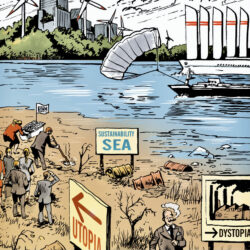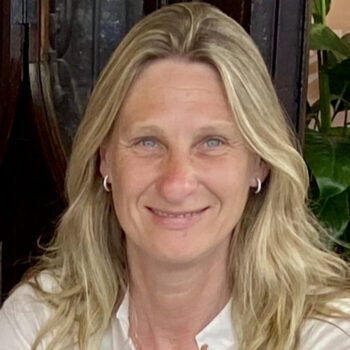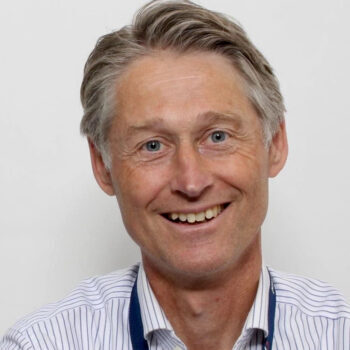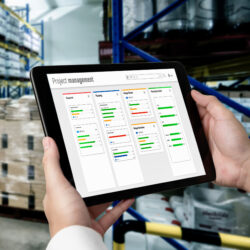The Prediction: It will be impossible to achieve the Paris Agreement climate goals

The ongoing droughts around the world are causing major supply chain problems. As a result, sustainability is gaining ever more prominence on companies’ strategic agendas. Supply Chain Media has asked a number of supply chain directors for their reactions to various sustainability related predictions.
The Prediction: It will be impossible to achieve the Paris Agreement climate goals because most of the burden to reduce CO2 lies with the suppliers (Scope 3) and these are mostly unknown at Tier 2 level.
Freek van Iersel, Supply Chain Director Electronics EMEA at Signify:
“I disagree. At Signify, we have already proven that it can be done, but it requires you to look beyond your own operation. CO2 reduction is one of the many advantages of effective supply chain collaboration.”
Jan van Rooden, VP Supply Chain at Hero:
“The Paris Agreement goals are definitely achievable with the right approach. Within our organization, we have reasonably good insight into what proportion of the total CO2 emissions is caused by ourselves and what is caused by the suppliers. Resulting from our overall analysis, we have divided up the whole playing field based on four pillars, with sustainable sourcing as the first pillar and net neutral production as the second. We ensure close coordination between the different pillars to achieve maximum effect.”
Annemarie Goijarts, until recently Director of Supply Chain at Coop Supermarkten:
 “I disagree. Considerable progress can be made if everyone takes action. An ambitious yet achievable goal from the government helps to get everyone moving in the same direction.”
“I disagree. Considerable progress can be made if everyone takes action. An ambitious yet achievable goal from the government helps to get everyone moving in the same direction.”
Rogier van Hasselt, Regional Operations Director EMEA at Tate & Lyle:
“I disagree. Yes, it’s a difficult task, but the goal will have to be honoured.”
Pieter-Jelle van Dijk, Director of Operations at Ricoh Europe:
“It will indeed be quite a challenge, but we will never achieve it unless we make a start. However, it is important that governments start giving direction, and preferably at the European level. And then it can be about the circular economy, reducing raw materials, reducing CO2, local sourcing, the energy transition and so on.”
Veronique Sonsma, Director of Operations at Intersteel Group:
“If everyone applies themselves, we can get it done together. To change the world, start with yourself and your Tier 1. If everyone does that, then Tier 2 will automatically be included for a large number of companies. Every bit of effort helps.”
Roland van Bussel, Operations Director at Moonen Packaging:
“It’s a huge challenge, but as a company you have to take responsibility in both your upstream and downstream supply chain. Passing the buck is not an option; we need to focus on working together towards the most sustainable solutions for both the products and the process. There’s no time for excuses!”
Léon van Bijnen (photo), Global S&OP Director at Marel:
 “Hopefully, the government will put enough pressure on suppliers too – at least in Europe, I expect.”
“Hopefully, the government will put enough pressure on suppliers too – at least in Europe, I expect.”
Paul van der Leer, Supply Chain Director at Kwikfit Nederland:
“This is a typical example of pushing the problem onto someone else. In my opinion, the whole chain is responsible, so the whole chain should also be held accountable for disappointing results.”
Remco van Haastrecht, VP Operations at Solar
“I disagree. The focus on Scope 3 is precisely what will make the goals achievable. The great thing is that it forces us to work together in the chain. That’s not easy, but it is necessary. At Solar, we collaborate with our suppliers and customers on things like heat pumps and the Solar School, for example.”










